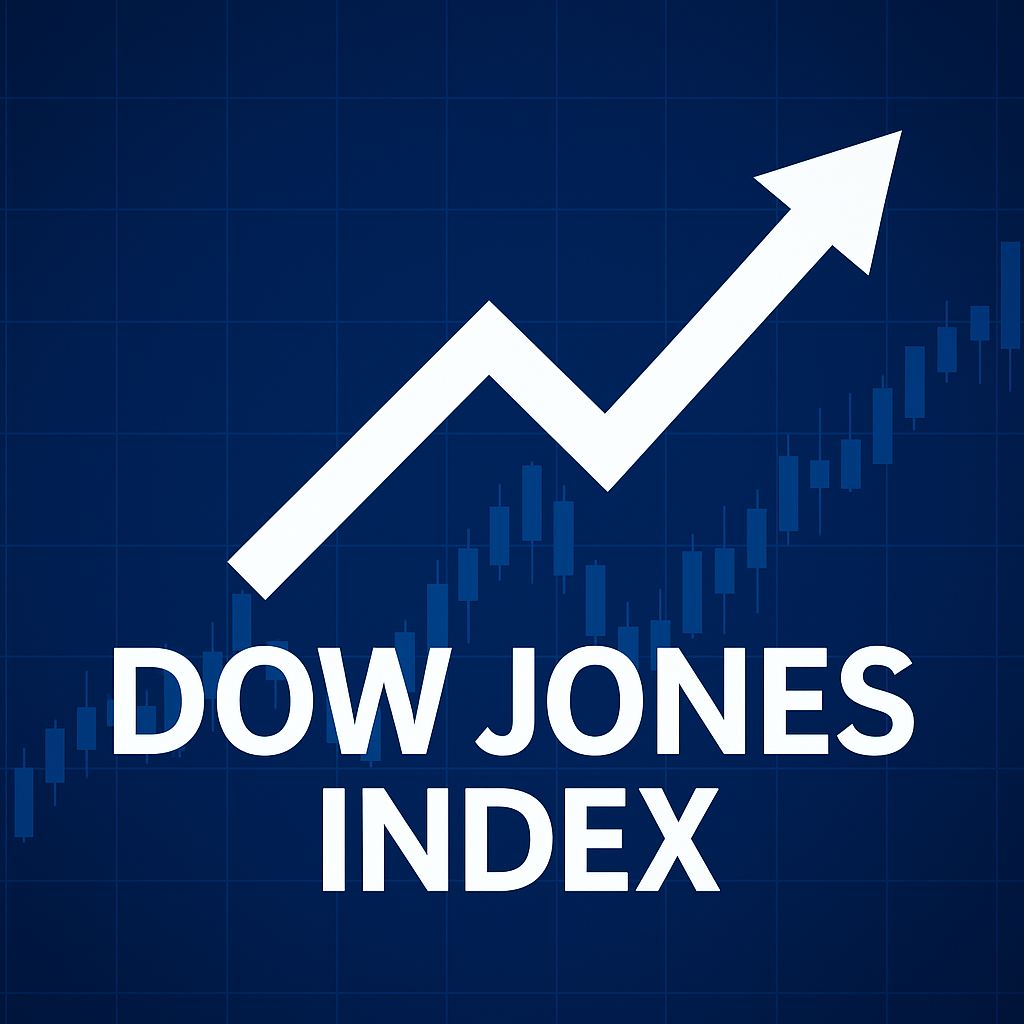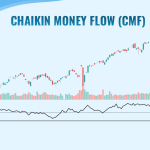
Dow Jones Index
The Dow Jones Industrial Average (DJIA) Index, often referred to simply as the Dow, is one of the most widely recognized stock market indices in the world. Established in 1896 by Charles Dow and Edward Jones, the DJIA serves as a benchmark for the performance of 30 large, publicly traded companies in the U.S. economy. These companies are considered blue-chip stocks, meaning they are established, financially stable, and leaders in their respective industries. The DJIA is price-weighted, meaning that the higher-priced stocks have a greater influence on the index’s overall movement.
The DJIA is often seen as a barometer of the broader stock market and the U.S. economy. Although it only includes 30 companies, these companies come from a range of sectors, including technology, healthcare, consumer goods, finance, and industrials. As such, the DJIA provides a diverse snapshot of corporate America. Investors use the DJIA as a tool for various investment strategies, including long-term growth, dividend income, and sector rotation.
Unlike other indices that may include hundreds or thousands of stocks, the DJIA is more selective, making it easier for investors to track the performance of a smaller group of influential companies. Below is a table of the 30 current stocks that make up the Dow Jones Industrial Average, categorized by their ticker symbols and sectors:
| Company Name | Ticker Symbol | Sector |
|---|---|---|
| 3M | MMM | Industrials |
| American Express | AXP | Financials |
| Amgen | AMGN | Healthcare |
| Apple | AAPL | Technology |
| Boeing | BA | Industrials |
| Caterpillar | CAT | Industrials |
| Chevron | CVX | Energy |
| Cisco Systems | CSCO | Technology |
| Coca-Cola | KO | Consumer Staples |
| Dow Inc. | DOW | Materials |
| Goldman Sachs | GS | Financials |
| Home Depot | HD | Consumer Discretionary |
| Honeywell International | HON | Industrials |
| IBM | IBM | Technology |
| Intel | INTC | Technology |
| Johnson & Johnson | JNJ | Healthcare |
| JPMorgan Chase | JPM | Financials |
| McDonald's | MCD | Consumer Discretionary |
| Merck | MRK | Healthcare |
| Microsoft | MSFT | Technology |
| Nike | NKE | Consumer Discretionary |
| Procter & Gamble | PG | Consumer Staples |
| Salesforce | CRM | Technology |
| Travelers Companies | TRV | Financials |
| UnitedHealth Group | UNH | Healthcare |
| Verizon Communications | VZ | Communication Services |
| Visa | V | Financials |
| Walgreens Boots Alliance | WBA | Consumer Staples |
| Walmart | WMT | Consumer Staples |
| Walt Disney | DIS | Communication Services |
Each of these companies plays a significant role in their respective industries, and their collective performance is an essential indicator of the broader economy. The DJIA offers a solid foundation for investors looking to focus on large, established companies, providing a mix of growth potential and stability. By investing in these companies or in funds that track the DJIA, such as ETFs, investors can diversify their portfolios and take advantage of the long-term growth and dividend income opportunities associated with these leading U.S. corporations.






